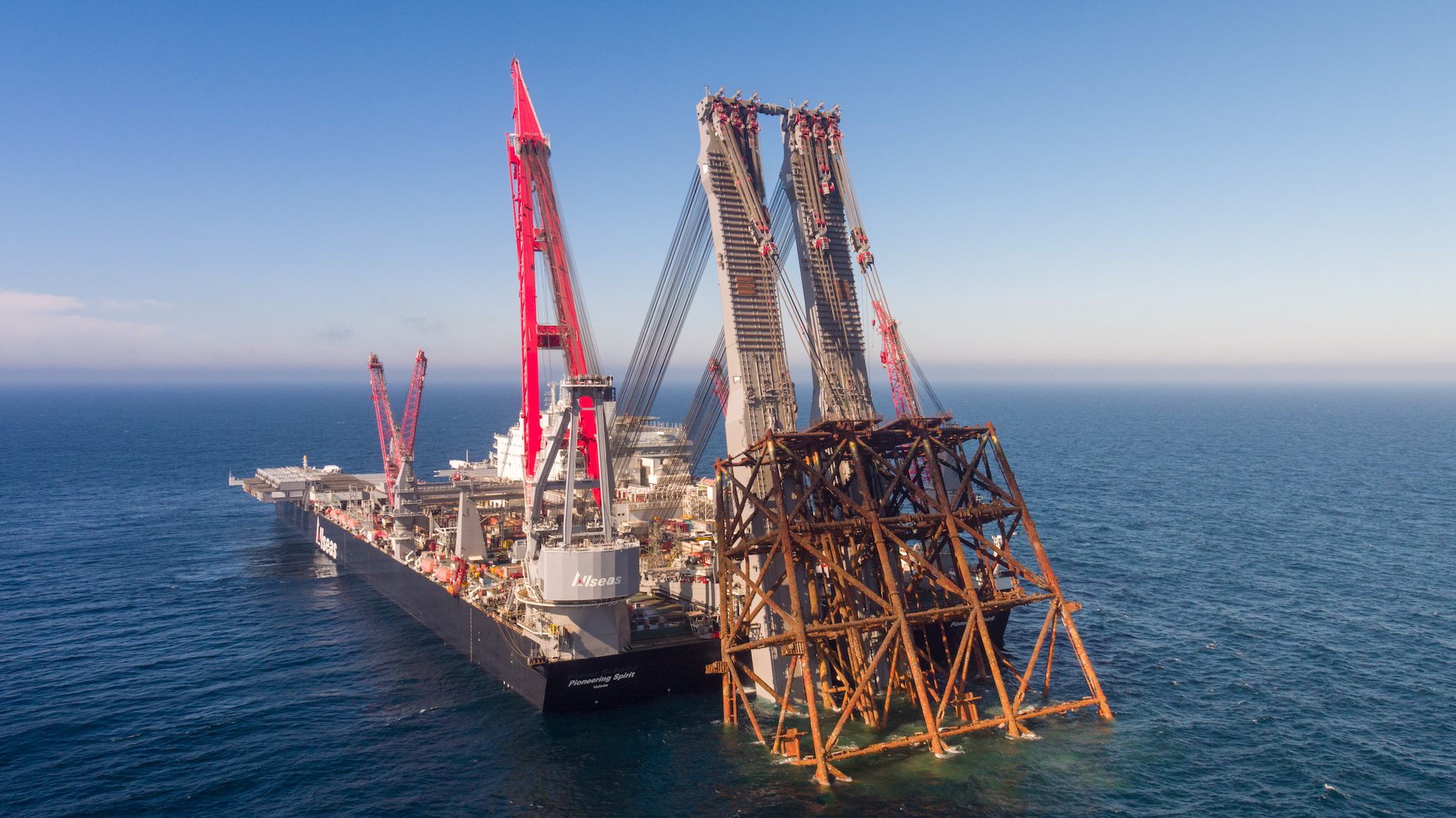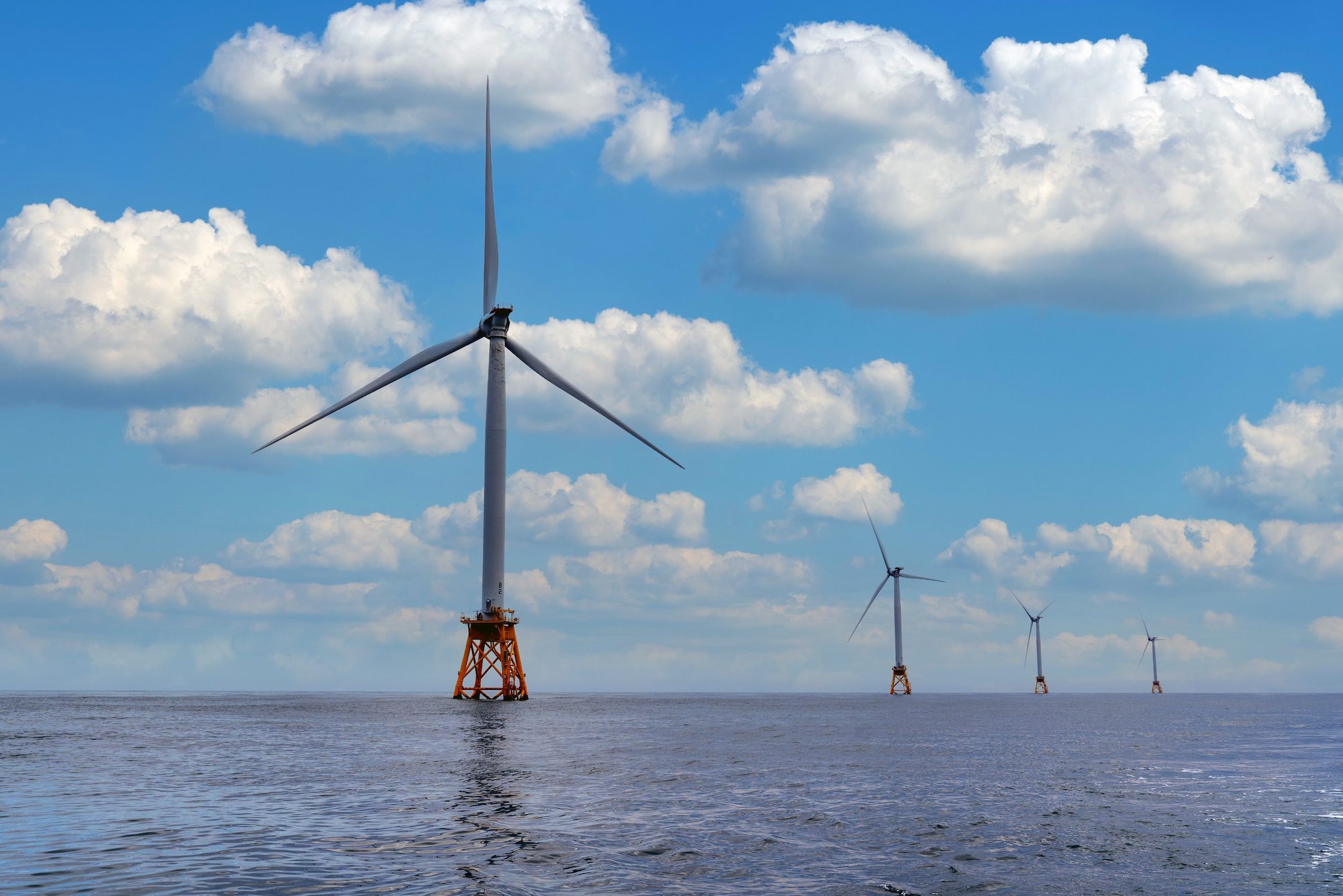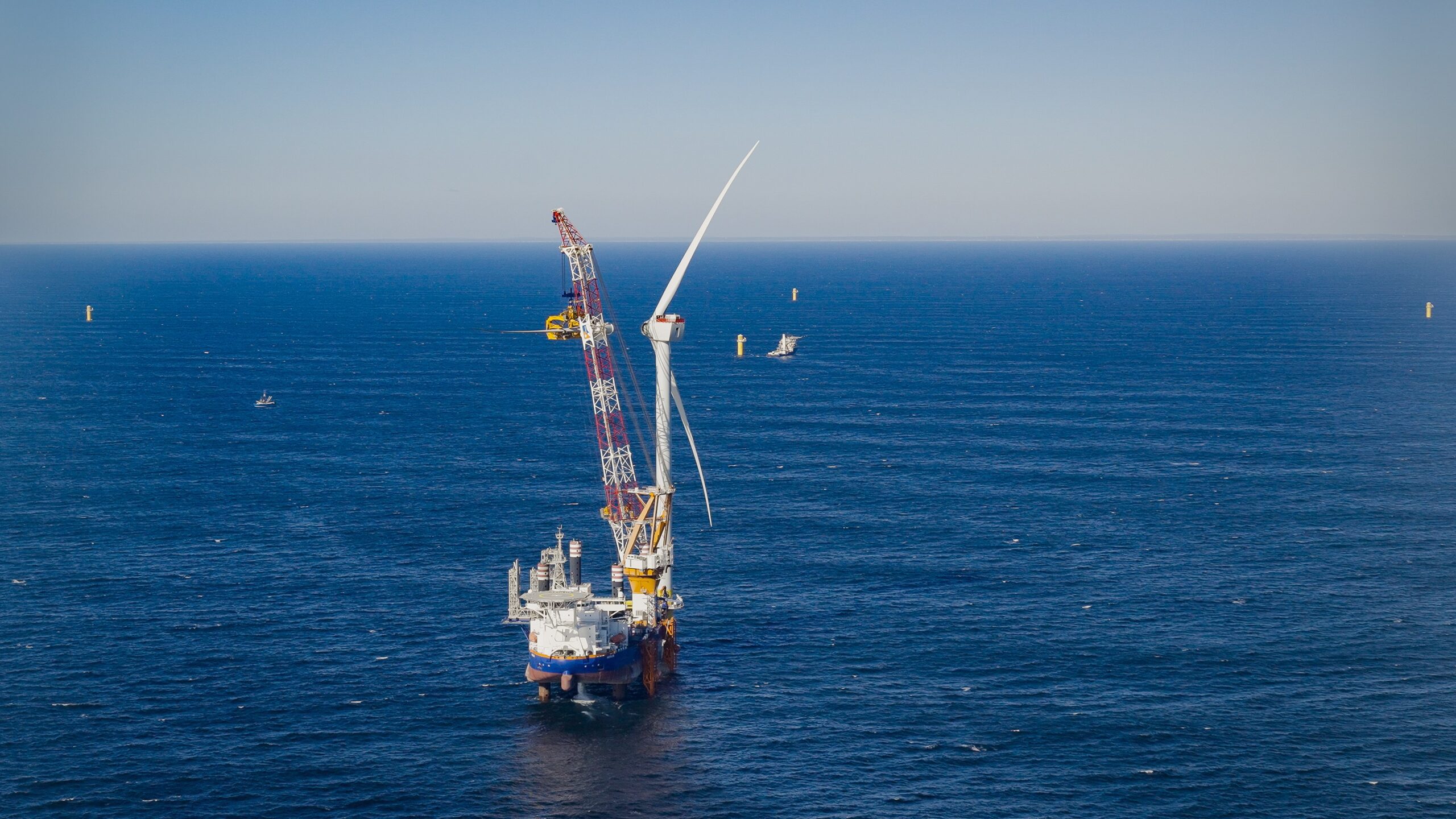By Joao Lima (Bloomberg) — Portuguese utility EDP SA says the outlook for investing in US renewable energy has become significantly clearer, easing concerns that followed the first months of Donald Trump’s presidency.
“The situation has become much more stable,” Chief Executive Officer Miguel Stilwell de Andrade said on Tuesday in a Bloomberg Television interview in New York. “There was a lot of uncertainty, certainly at the beginning of the year, in terms of the policies. Now at least we have visibility, with the Big Beautiful Bill.”
The comments come after Trump’s attempts to stall offshore wind projects forced EDP and its Ocean Winds joint-venture partner Engie SA of France to announce impairments in February. Denmark’s Orsted A/S only recently won a court ruling to resume work on its nearly completed Rhode Island wind farm.
Since starting his second term in January, Trump has issued a series of orders against the offshore wind industry, including halting new seabed leases and blocking federal permits for existing ones. Executives had expected projects that were already fully permitted would be spared from the administration’s hostility toward offshore wind.
Shares of EDP Renovaveis SA — the listed renewables arm of EDP — lost almost a third of their value earlier this year, hitting the lowest since 2018 in April, before rebounding more than 50%. Parent company EDP SA has also rallied, climbing about 35% from a more than six-year low in early April.
EDP has already poured more than $20 billion into US wind and solar projects and continues to see North America, along with Europe, as a core growth region. The company pledged earlier this year to keep adding renewable capacity, though at a slower pace than previously planned.
“We need a stable legislative framework to be able to invest, and I think that’s what we’re looking for,” the CEO said.
On Trump’s tariffs, d’Andrade said most of EDP’s supply chain is now based in the US as the company turns to domestically-made products, citing a framework agreement with panel manufacturer First Solar Inc. The underlying cost to produce solar panels in the US is maybe two times what it would cost elsewhere, according to the CEO.
“It’s more expensive than if you import it, although nowadays with the uncertainty around tariffs we prefer to pay that premium but ensure a stable supply chain,” d’Andrade said.
© 2025 Bloomberg L.P.

 Join The Club
Join The Club











